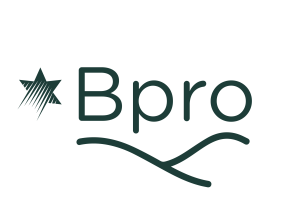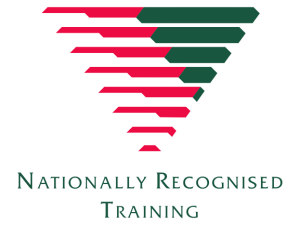
SIT40316 CERTIFICATE IV - HOLIDAY PARKS AND RESORTS
This qualification reflects the role of individuals who work in supervisory positions in holiday parks, and who use well-developed skills and a broad knowledge base in a wide variety of contexts. They apply solutions to a defined range of unpredictable problems, and analyse and evaluate information from a variety of sources. They may provide leadership and guidance to others with some limited responsibility for the output of others.
Theory for the course is self-paced and to be completed within 24 months of enrolment, unless there is additional support required. Strategies will be implemented if gaps are identified.
Cluster One – Management
SITXHRM001 Coach others in job skills
SITXHRM002 Roster staff
SITXHRM003 Lead and manage people
SITXFIN002 Interpret financial information
Cluster Two – Customer Service
SITTTSL010 Use a computerised reservations or operations system
SITXCOM005 Manage conflict
SITXCCS007 Enhance the customer service experience
Cluster Three – Operations
SITXMGT001 Monitor work operations
SITXWHS003 Implement and monitor work health and safety practices
SITTVAF005 Fill LPG gas cylinders

This qualification provides a pathway to work as a supervisor in holiday parks and resorts. This may be in a specialised area such as front office, housekeeping or grounds maintenance, or involve multi-skilling across different operational areas.
Possible job titles include:
• assistant manager
• front office supervisor
• grounds and maintenance supervisor
• operations supervisor.
The following table contains a summary of the employability skills required by the tourism industry for this qualification. The employability skills facets described here are broad industry requirements that may vary depending on qualification packaging options.
Employability Skill
Industry /enterprise requirements for this qualification include :
Communication
Negotiating and liaising with a broad range of colleagues and customers on operational and service issues; consulting with others to elicit feedback and ideas; providing briefings to operational staff and other managers; consulting with team members about OHS issues; developing and maintaining workplace documentation such as operational procedures and staff-related documentation or reports.
Teamwork
Motivating and leading diverse teams; providing support and coaching; planning work operations to take account of team member strengths; taking a lead role in agreeing and establishing work team goals.
Problem-solving
Developing and applying a range of strategies to address both typical and unpredictable workplace problems; responding effectively to a wide range of operational issues requiring immediate resolution; working with colleagues to develop practical solutions; monitoring and evaluating the effectiveness of solutions based on operational experience.
Initiative and enterprise
Generating options and ideas to address different workplace challenges; developing ideas about ways to improve operations and services; encouraging team members to be innovative; using knowledge of current and emerging industry and marketplace trends to inform work practices.
Planning and organising
Understanding the roles and responsibilities of leaders and managers in the context of overall organisation; communicating goals, strategies and outcomes to team members; monitoring and evaluating plans, procedures and systems, including timelines and resources; actively participating in continuous improvement processes.
Self-management
Understanding the legal and compliance framework that affects those working in the industry; maintaining general and technical knowledge to inform work practices.
Learning
Proactively maintaining and updating knowledge of industry trends and practices; being aware of industry professional development opportunities; supporting team members to learn.
Technology
Selecting and using technologies to support workplace operations and planning; understanding the operating capacity of different technologies, including emerging technologies used to support operations.
